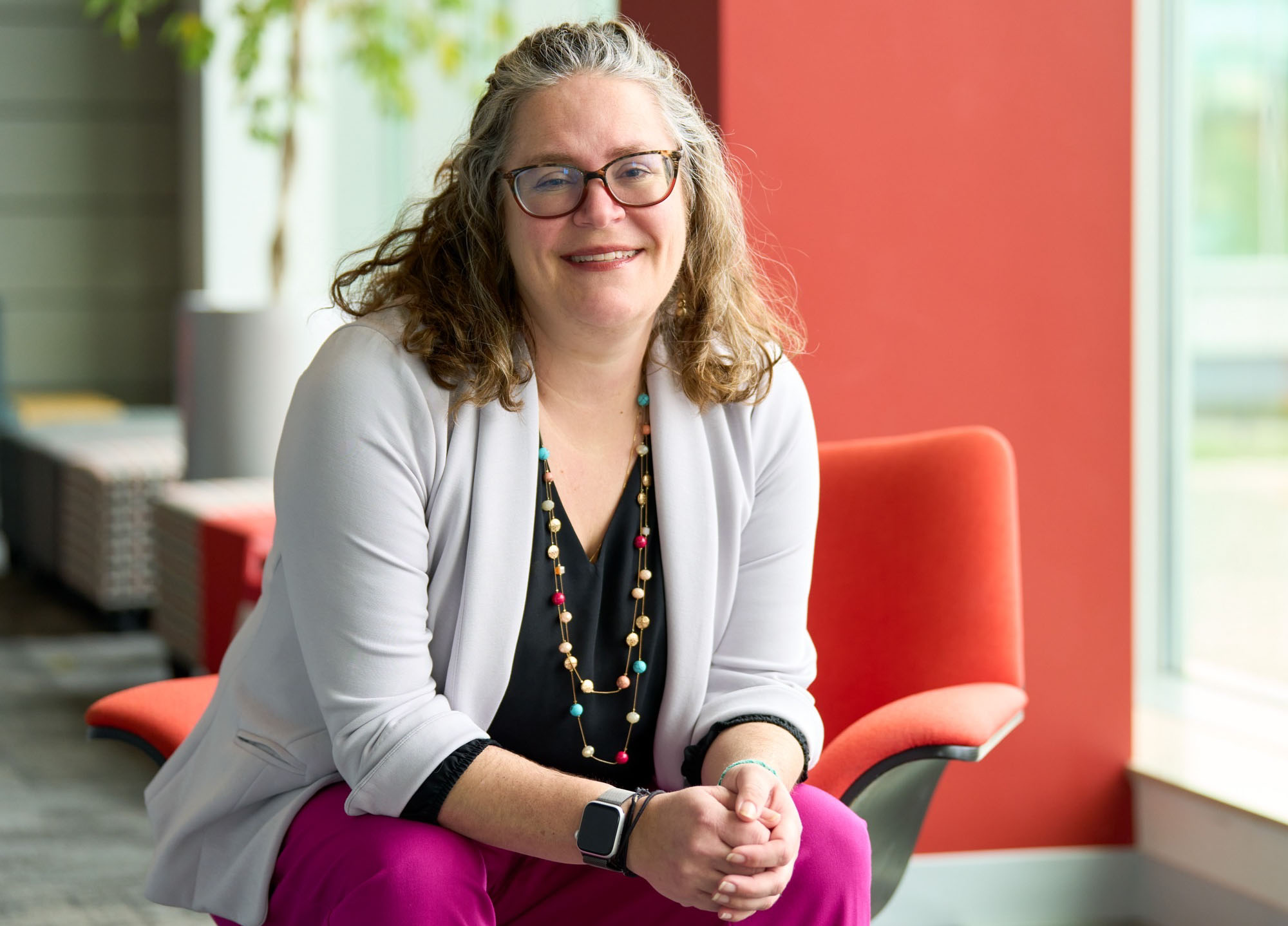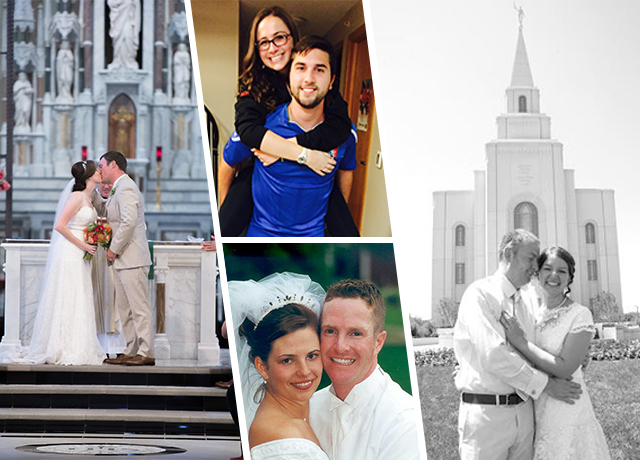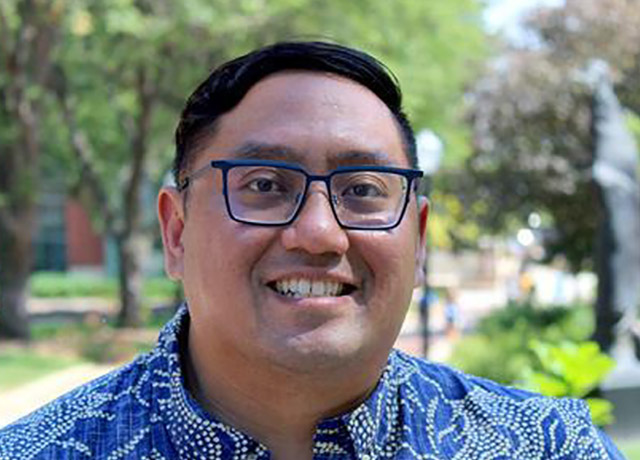Featured Testimonial About Creighton University
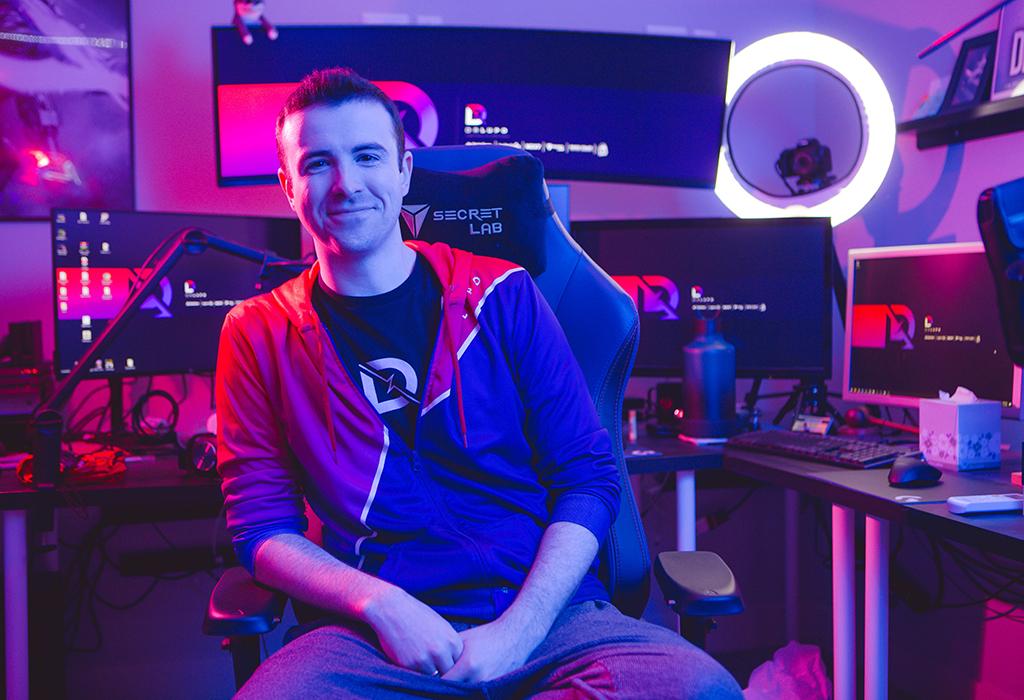
Even now, working in the entertainment industry, I give Creighton a lot of credit for helping me become the kind of person who can keep a level head and remember where I come from.
By Micah Mertes
There are countless ways students have forged connections on campus. One unsung method — at least for alumni of the ’90s and ’00s like celebrity gamer Ben Lupo, BSCS’09 — was JayNet.
JayNet was the first iteration of an entirely wired Creighton. When it launched in the early ’90s, JayNet was deemed “the superhighway of campus computers.” Eventually every residence hall room had a port connecting it to the rest of campus through JayNet.
Fast-forward to 2005, Lupo’s freshman year. His room in Kiewit Hall, like every room of every hall, had two network jacks — one for the Internet and one for JayNet, which by that point served mainly as a LAN (local area network) connection between dorm rooms.
“That JayNet port is the reason I met so many of my best friends,” Lupo says now. “We would hook up our Xboxes and play Halo 2 games. For me, it was just one of the best examples of Creighton being a warm and welcoming place. It helped make me feel like I was part of a community, like I belonged here.”
Lupo’s belief in the power of gaming with (and sometimes for) others is strong. So much so he’s made a wildly successful career out it, his network expanding from Creighton’s dorms to millions of fans all over the world.
* * *
Born and raised and current Omahan Ben Lupo is one of the most popular professional gaming streamers in the world.
Known as DrLupo, he has 1.87 million followers on his YouTube channel, nearly 2 million on Twitter and more than 4 million on Instagram. Before leaving the streaming platform Twitch and joining YouTube Gaming exclusively, he had 4.6 million followers. Across all platforms, his videos have been viewed more than 300 million times.
Lupo has been featured in the New York Times. He’s been named by TIME as one of the 25 most influential people on the Internet. He’s scored several sponsorships. In fact, if you walked into a Best Buy today, you’d likely find his face on the packaging of various Logitech products.
For those not plugged in to the ever-growing phenomenon of video game live streaming, this all might seem a little strange. No matter how many features the mainstream press runs on phenomena like Fortnite or Ninja, it will still be difficult for many to understand how a person can become famous by filming themselves playing video games every day for hours on end.
But, Lupo says, the people who get it, get it. And they can’t get enough of it. When the audience is there, the advertisers are there, and platforms like Twitch and YouTube Gaming pay good money to get the most popular players to stream for their team.
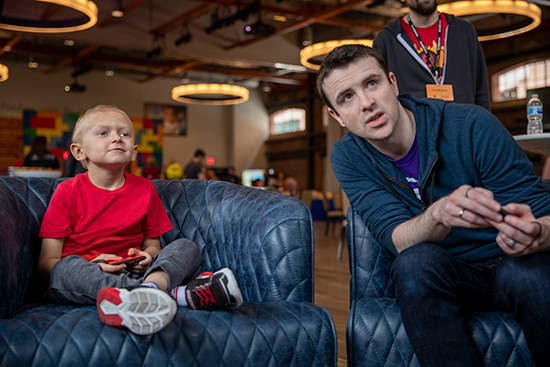
Many people also don’t understand the appeal of gaming communities in general, Lupo says. Outlets will often focus on the darkest and most toxic corners of the industry. Though from his perspective, gaming has never been anything but a positive force.
Of all Lupo’s impressive stats, the one he’s most proud of is the amount of money he’s raised for a good cause. Through multiple 24-hour charity streams, he and his community have raised more than $10.5 million for cancer treatment and research at St. Jude Children’s Research Hospital. He once raised more than $2 million in a single all-day stream.
This is the gaming community at its best, he says. Making meaningful connections. Coming together. Working toward a larger purpose.
“More than anything,” Lupo says, “it’s important to me to do something good with the platform I’ve been given.”
How did Ben Lupo become DrLupo?
Lupo: I can start with my time at Creighton, where I double-majored in computer science and web development and got a job at PayPal about a month after I graduated. After that, I jumped between a few different jobs until I got a job at Mutual of Omaha. I actually worked for Creighton’s doIT (Division of Information Technology), too.
Along the way I ended up slowly growing my new career path. While I was at Mutual, a game called Destiny came out, and a few buddies and I decided to set up some Twitch streams. I had a DrLupo channel on Twitch since 2014, but I didn’t really use it much. I had a career already. I was just helping a friend, trying to get more eyes on him.
What changed things was when my friend moved into housing that had DSL instead of cable, and he couldn’t really stream anymore. But my connection was fast enough, so I offered to keep the stream running. One thing led to another. The community started to grow. Then I jumped from Destiny to games like Overwatch and H1Z1. Then Fortnite happened.
And that changed everything.
Not that Twitch streaming wasn't big or growing before that, but the way that Fortnite took people and turned them into celebrities, myself included, was pretty mind-blowing. I got lucky. I made friends with the right people at the right time and fell into what I would consider the luckiest moment of my career. And it just grew from there.
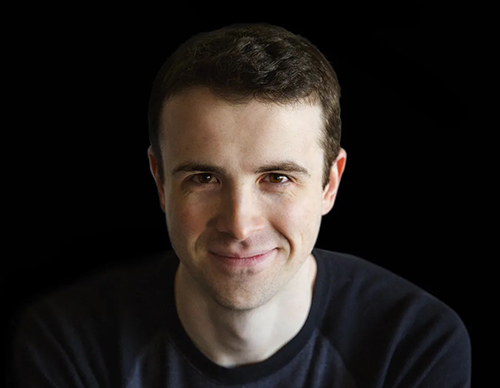
So much of this has been luck. It’s like making it anywhere in the entertainment industry. Opportunities don’t usually arise in a predictable way. You’ve got to be prepared to put in the time or you’re never even going to have a chance of getting that shot. It’s tough. It can be discouraging. I feel extremely lucky to have gotten where I am.
This might be kind of a weird question to think about, but why do you think you’re so popular? Why do so many people like to watch you?
It’s a funny question. It’s like, what makes people stick around? I think I have a couple features that are less common in people who do what I do for a living. For one, I’m a father of a 6-year-old. I’ve worked in several jobs before this, both blue collar and white collar. I can talk about having to mow my stupid lawn.
I’m 35, and I feel like the Gamer Dad now. A lot of my audience has grown up with me. And maybe it’s that relatability that helps me maintain the numbers I do.
Another thing that makes you unique is living in Omaha.
Yeah, the big streamer hubs are in LA and Florida and Austin, Texas. But I love living in Omaha. Of all the places I’ve been, it’s the most welcoming and considerate. I get recognized a ton, but if I’m out and about with my family, the fans are kind and respectful. They wait until I can step away for a minute before approaching me. I love them for that. I love meeting people.
I also have family here. My dad passed away a few years ago, and now my mom’s kind of on her own. I would never leave the city unless she wanted to.
Ben’s father was beloved Creighton professor James Victor “Vic” Lupo, PhD. Vic worked at Creighton for more than 40 years, teaching psychology courses and helping to develop what would become the University’s neuroscience major. Vic was deeply passionate about technology and passed this love on to Ben and his brothers.
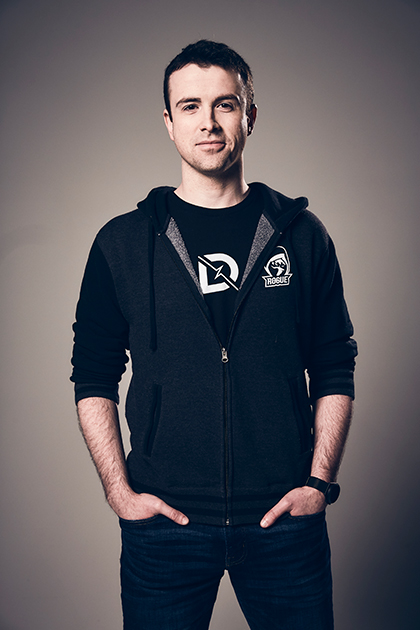
Creighton had been such a big part of your life even before you were a student there. Now that you’re more than a decade past graduation, how do you think your college experience has influenced you?
I loved the community aspect and the quality of education that prepared me for my career. Even now, working in the entertainment industry, I give Creighton a lot of credit for helping me become the kind of person who can keep a level head and remember where I come from.
It can be easy to get too strong a sense of ego in this industry. I try to stay grounded. I don’t think I’m better than anyone. At Creighton, it was definitely stressed that everybody deserves a chance, no matter who they are or where they come from
So far, I’ve been able not to lose myself in this.
Before I let you go, I wanted to talk a bit about your job. From the outside, it might seem like, Oh man, what a dream job this guy has, playing video games all day! But if they knew what it takes for gamers at your level to have gotten to this point, they’d see it can be quite a grind.
Yeah, I was having to put in an astronomical number of hours when I was on Twitch, just to maintain popularity. About 65 hours a week streaming.
When you left Twitch and signed the deal with YouTube last summer, you said one of the big reasons for the move was better work-life balance, more time with your family. How has the transition gone?
It’s been beneficial in a big way. I have a lot more flexibility. I don’t have to worry about meeting crazy hours. If I need to take a day off, it’s not that big of a deal anymore. It’s helped me reevaluate my priorities. I can focus 100% on being a father.
Right now, my kid’s upstairs, and when I’m done with work for the day, I’m going to go play video games with him.
